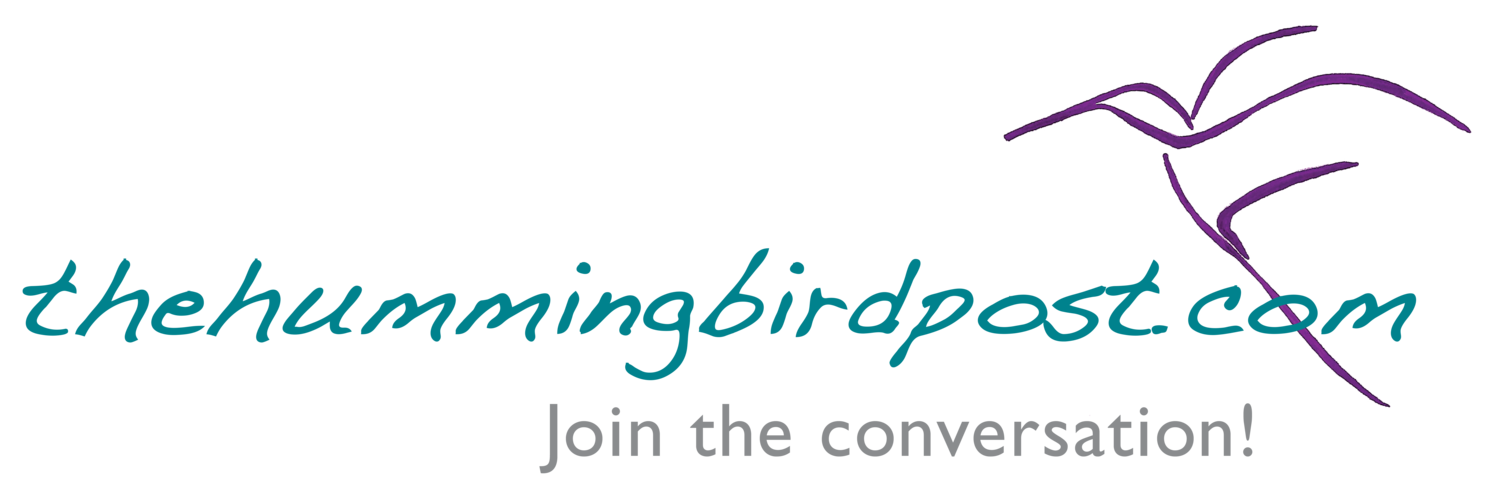Good Books!
The Undying, by Anne Boyer
Pain, vulnerability, mortality, medicine, art, time, dreams, data, exhaustion, cancer, and care
Anne Boyer’s memoir, The Undying, must be required reading for all current and potential politicians who may have a say in reconstructing our broken medical system. Truthfully, it should be required reading for everyone. Unwilling to conform to the popular literary mold of the heroic woman, persevering and ultimately triumphing over (or a least, accepting) her (breast) cancer odyssey, Boyer early on warns her friends … “Don’t try to make me stop thinking about death…” after her Stage 4, triple negative breast cancer diagnosis. Boyer recounts her experience in a remarkable, unnervingly clear-eyed and factual manner. She inserts a historic perspective of well-known women, like Virginia Woolf, and the societal expectations of how they dealt with their breast cancer journeys. She unapologetically denounces the cynicism of the “pink ribbon” coalition where capitalistic partnerships are created with professional sports team apparel companies and even a business producing fracking drill bit equipment. Boyer is diagnosed at age 41 and the diagnosis is not good. She undergoes a double mastectomy and numerous rounds of chemotherapy. She is a single mother of a teenage daughter, living paycheck to paycheck as a college lecturer and must rely on “stolen slivers” of time friends can offer to accompany her to appointments. She is discharged (due to insurance policy criteria) prematurely from the hospital following her surgery and must return to her teaching job while “surgical drains are still wicking bodily fluids” because her allowance of sick days have been used up. She realizes how, if this is her experience as an insured woman, the incarcerated, the indigent, the isolated women in our society become disposable in our current system. (The shockingly high mortality rate for single women supports this concern.)
From the title, you might guess, correctly, that Boyer does survive her devastating ordeal. Her cynical observation that what remains after the “slash, burn, and poison” regimen is not wholly her former self. Nor is Boyer oblivious to the larger issue of the excessive expense of this exalted care. Her realization that just one round of her multiple chemotherapy treatments costs more than her annual salary addresses fully the truth in the argument for socialized medicine. Most of us hope that we’re lucky enough to avoid having to deal with the bureaucratic miasma and try to hedge our bets with health insurance but Boyer’s memoir may shake that feeling of security to the bone. The Undying can be seen as a manifesto of a justified “incandescent rage” against the inhumanity of the experience of being a sick in America.




